Analyzing Pope Francis's Legacy Through The Lens Of The Next Papal Election
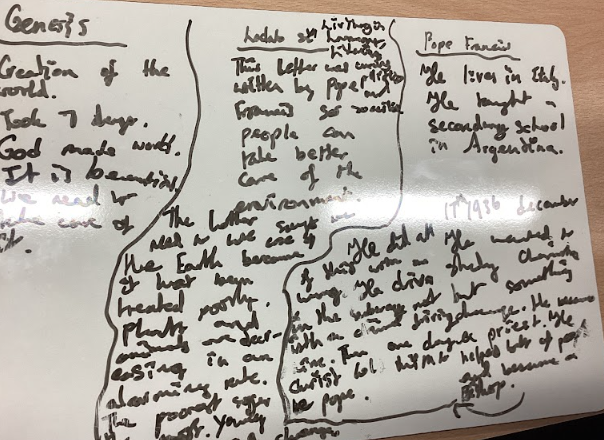
Table of Contents
H2: Francis's Theological and Pastoral Shifts
H3: Emphasis on Mercy and Inclusion: Pope Francis's papacy has been characterized by a powerful emphasis on mercy and inclusion, a shift evident in numerous initiatives. The Jubilee Year of Mercy, for instance, offered a profound expression of God's forgiveness and a call for the Church to embrace a more compassionate approach. This focus has significantly impacted perceptions of Church doctrine, especially concerning complex issues like divorce, remarriage, and LGBTQ+ rights. While traditional interpretations remain strong, Francis’s emphasis has fostered a more nuanced and inclusive dialogue.
- Increased focus on social justice, evident in his numerous addresses and encyclicals.
- More inclusive language and outreach towards marginalized communities globally.
- Reforms within the Church's administrative structures aimed at greater efficiency and transparency. This includes streamlining the process for annulments and creating more accessible avenues for dialogue.
H3: Environmental Concerns and Social Justice: Laudato Si', Pope Francis's encyclical on the environment, stands as a landmark document, placing environmental stewardship at the heart of Catholic social teaching. He has consistently challenged the Church and the world to confront climate change and its devastating consequences, urging a shift towards sustainable practices and greater environmental responsibility. Furthermore, his outspoken criticism of economic inequality and his unwavering advocacy for the poor have become cornerstones of his papacy.
- Increased focus on climate change and its impact on the vulnerable populations.
- Strong advocacy for migrant and refugee rights, directly challenging xenophobic and nationalistic tendencies.
- A forceful critique of global capitalism and its contribution to social injustice and environmental degradation.
H2: Challenges and Criticisms Faced by Pope Francis
H3: Internal Church Resistance to Reform: Pope Francis's reform efforts haven't been without resistance. Conservative factions within the Church have openly challenged his progressive stances on several issues. Debates surrounding liturgical changes, the role of women in the Church, and the interpretation of traditional doctrines have intensified under his papacy, highlighting deep divisions within the Catholic hierarchy.
- Opposition to certain liturgical reforms seen as undermining traditional practices.
- Concerns, voiced by some, over a perceived lack of doctrinal clarity in certain pronouncements.
- Conflicts within the Vatican curia, illustrating the difficulties inherent in implementing large-scale reform.
H3: Handling of Abuse Cases and Internal Accountability: The handling of sexual abuse allegations during Pope Francis's papacy has drawn considerable criticism. While he has taken steps to address the crisis, including establishing new procedures and holding some individuals accountable, critics argue that the Vatican's response has been too slow and insufficiently transparent. The demand for greater accountability and a more comprehensive approach to preventing future abuse remains a significant challenge.
- Criticisms of the Vatican's response to abuse scandals, particularly concerning the speed and thoroughness of investigations.
- Calls for greater transparency and accountability within the Church's structures regarding abuse cases.
- Ongoing efforts towards reform, including strengthening the legal framework for addressing such issues and fostering a culture of prevention.
H2: Potential Impacts on the Next Papal Election
H3: The Search for a Successor Reflecting Francis's Priorities: The next papal election will undoubtedly be influenced by Pope Francis's legacy. The question of whether his successor will continue his focus on mercy, inclusion, and social justice is central to the ongoing discussions. While some believe his successor will build upon his initiatives, others predict a shift towards a more conservative approach. The selection process will be closely scrutinized to determine whether the next Pope will maintain the momentum of Francis's reforms or opt for a different trajectory.
- Possible candidates representing a spectrum of theological viewpoints, from progressive to conservative.
- The significant impact of Pope Francis's legacy on the criteria employed in the selection process.
- Predictions on the direction of the next papacy, ranging from a continuation of Francis's reforms to a more traditional approach.
H3: The Importance of Global Representation and Diverse Perspectives: The next papal election also presents an opportunity for greater global representation within the Church. The increasing prominence of Catholicism in the Global South suggests a potential shift in the geographical origin of future Popes. Furthermore, a greater diversity within the College of Cardinals would reflect the Church's global reach and diverse theological perspectives.
- Increased representation from the Global South, reflecting the growth of Catholicism in these regions.
- The need for a Pope who can bridge theological divides and unify the diverse constituencies within the Church.
- The critical role of the College of Cardinals in shaping the selection process and influencing the direction of the next papacy.
Conclusion: Pope Francis's legacy is complex and multifaceted, leaving an undeniable mark on the Catholic Church. His emphasis on mercy, social justice, and environmental stewardship has undeniably reshaped the Church’s public image and its internal dynamics. However, his papacy has also been fraught with challenges, including resistance to reform and criticisms regarding the handling of abuse cases. Understanding the multifaceted nature of Pope Francis's legacy is therefore crucial for anticipating the future direction of the Catholic Church under his successor. The next papal election will be a defining moment, shaped by the ongoing debates and transformations initiated during his tenure. Continued analysis of Pope Francis's legacy and its implications is vital for anyone seeking to understand the future of the Catholic Church.

Featured Posts
-
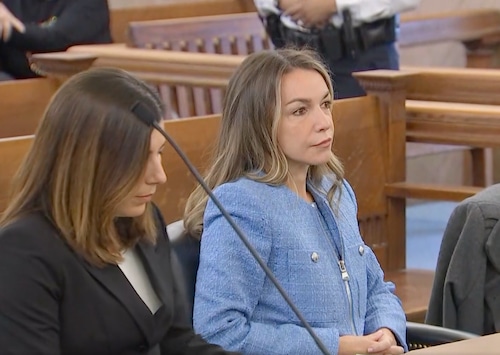 Following The Karen Read Case A Year By Year Timeline Of Legal Proceedings
Apr 22, 2025
Following The Karen Read Case A Year By Year Timeline Of Legal Proceedings
Apr 22, 2025 -
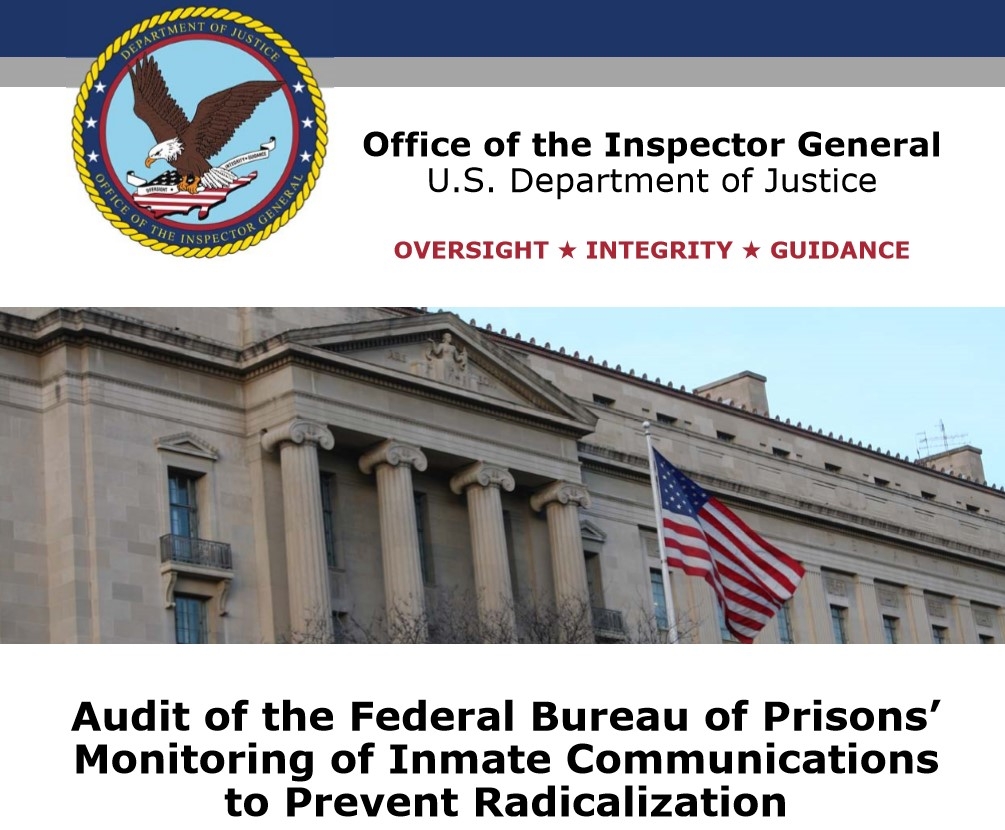 16 Million Fine For T Mobile Details On Three Years Of Data Security Lapses
Apr 22, 2025
16 Million Fine For T Mobile Details On Three Years Of Data Security Lapses
Apr 22, 2025 -
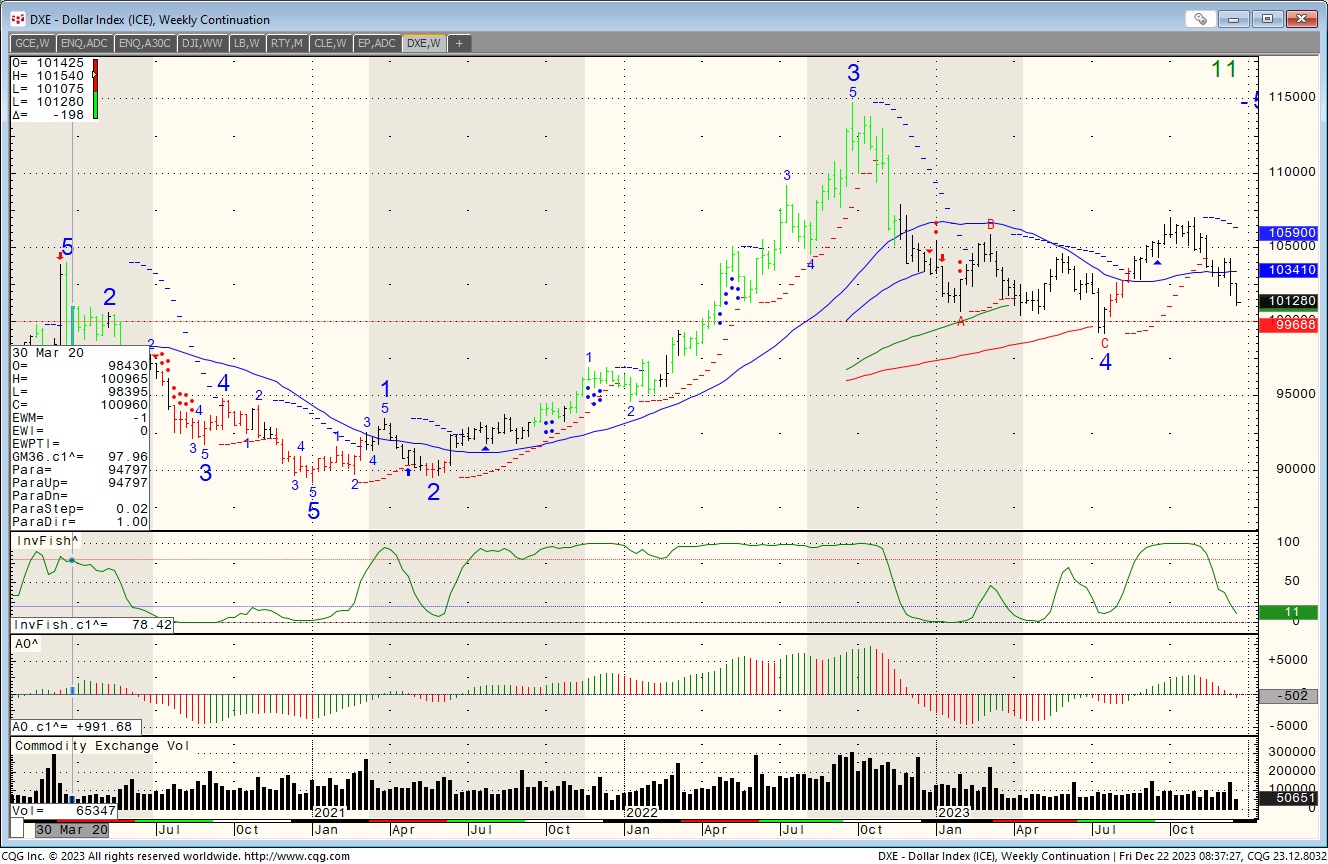 Stock Market Live Dow Futures And Dollar React To Trade News
Apr 22, 2025
Stock Market Live Dow Futures And Dollar React To Trade News
Apr 22, 2025 -
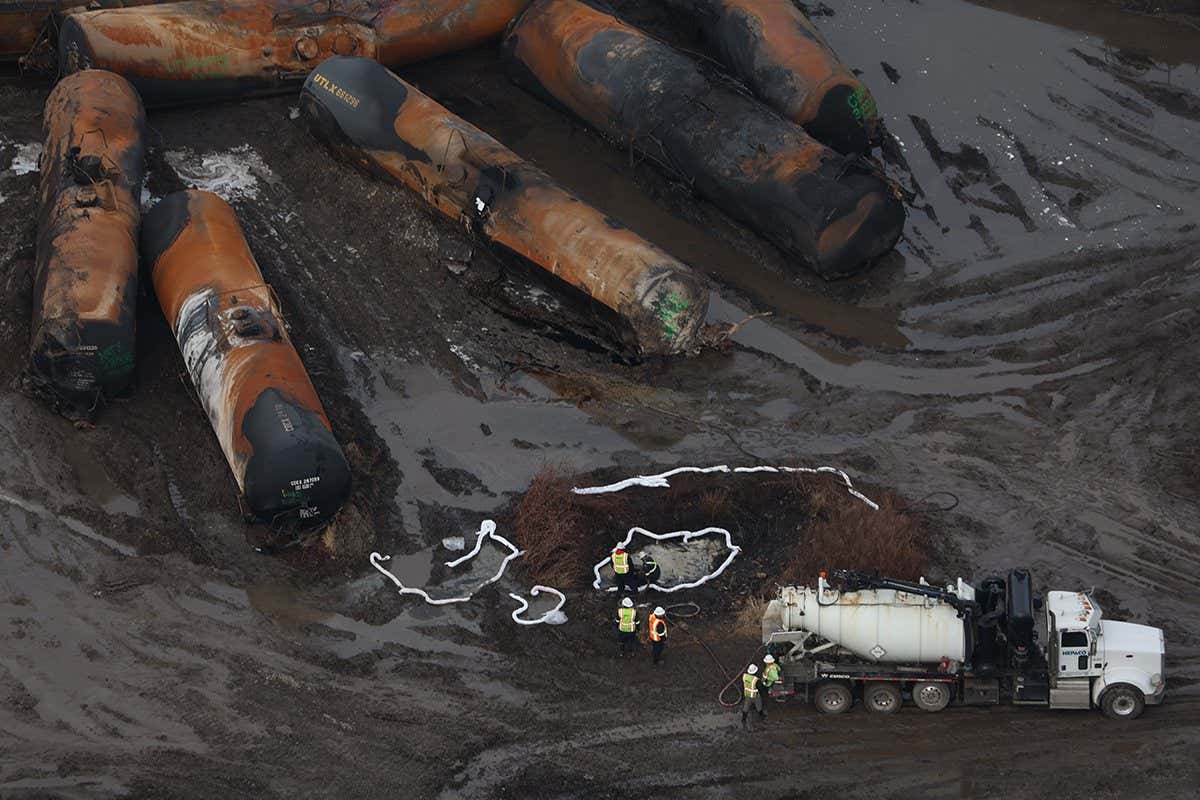 Long Term Impact Of Toxic Chemicals From Ohio Train Derailment On Buildings
Apr 22, 2025
Long Term Impact Of Toxic Chemicals From Ohio Train Derailment On Buildings
Apr 22, 2025 -
 Strengthening Regional Security New Partnerships Between China And Indonesia
Apr 22, 2025
Strengthening Regional Security New Partnerships Between China And Indonesia
Apr 22, 2025
Latest Posts
-
 Nyt Strands Game 366 Hints And Answers March 4th
May 10, 2025
Nyt Strands Game 366 Hints And Answers March 4th
May 10, 2025 -
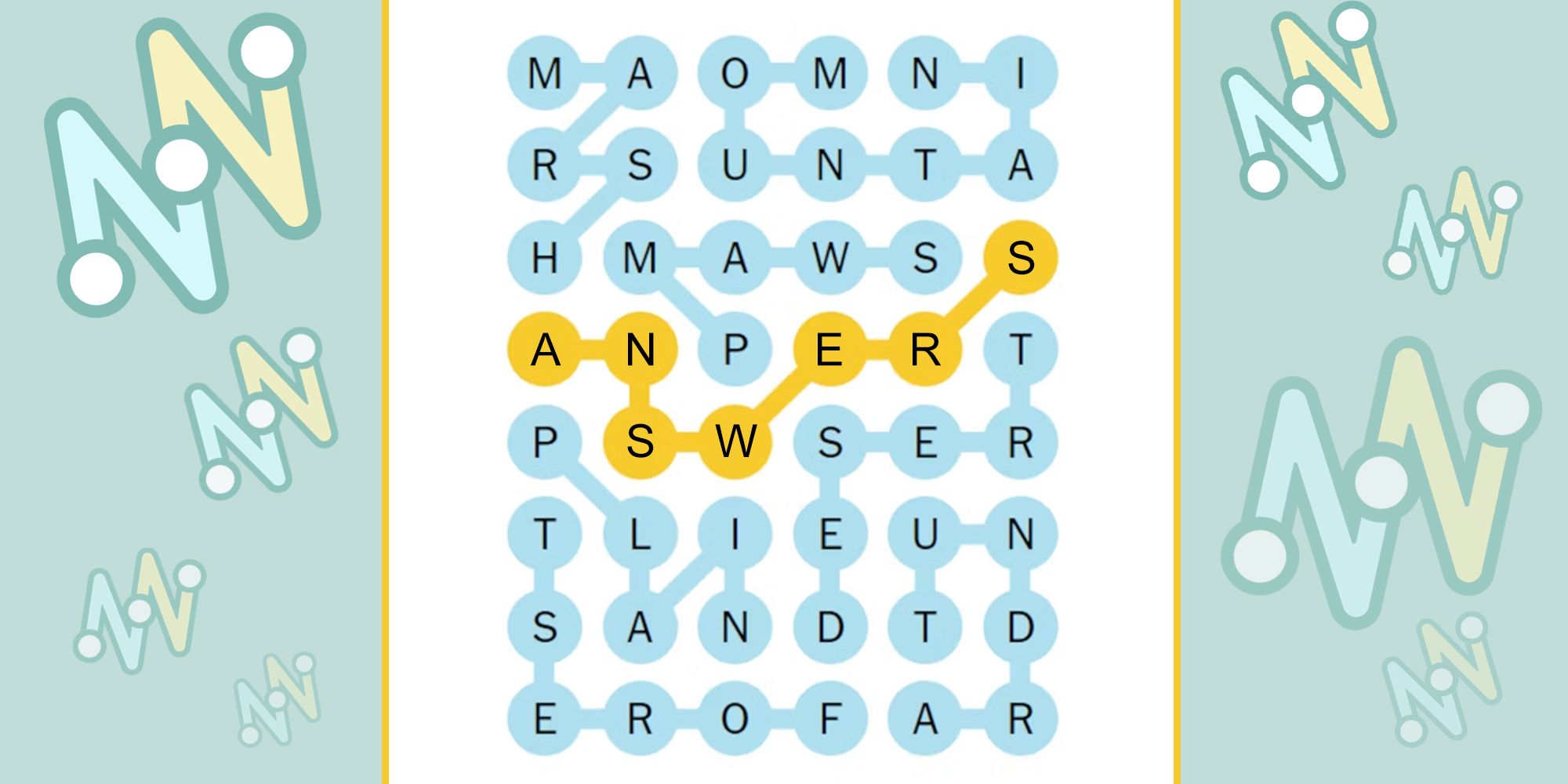 Nyt Strands Solutions For Tuesday March 4th Game 366
May 10, 2025
Nyt Strands Solutions For Tuesday March 4th Game 366
May 10, 2025 -
 Nyt Strands Hints And Answers Tuesday March 4 Game 366
May 10, 2025
Nyt Strands Hints And Answers Tuesday March 4 Game 366
May 10, 2025 -
 Solving The Nyt Crossword April 6 2025 Edition A Comprehensive Guide
May 10, 2025
Solving The Nyt Crossword April 6 2025 Edition A Comprehensive Guide
May 10, 2025 -
 Strands Nyt Puzzle Solutions Wednesday March 12 Game 374
May 10, 2025
Strands Nyt Puzzle Solutions Wednesday March 12 Game 374
May 10, 2025
